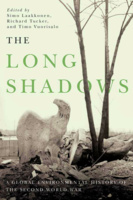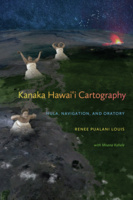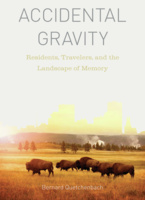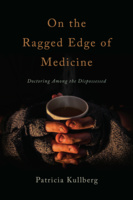The Long Shadows
A Global Environmental History of the Second World War
Kanaka Hawai'i Cartography
Hula, Navigation, and Oratory
Accidental Gravity
Residents, Travelers, and the Landscape of Memory
On the Ragged Edge of Medicine
Doctoring Among the Dispossessed
Science Without Frontiers
Cosmopolitanism and National Interests in the World of Learning, 1870–1940
Leaded
The Poisoning of Idaho's Silver Valley
Keeping Oregon Green
Livability, Stewardship, and the Challenges of Growth, 1960–1980
Keeping Oregon Green is a new history of the signature accomplishments of Oregon’s environmental era: the revitalization of the polluted Willamette River, the Beach Bill that preserved public access to the entire coastline, the Bottle Bill that set the national standard for reducing roadside litter, and the nation’s first comprehensive land use zoning law. Drawing on extensive archival research, source materials ranging from poetry to congressional hearings, and firmly rooted in the cultural, economic, and political history of the Pacific Northwest, Keeping Oregon Green argues that the state’s environmental legacy is not just the product of visionary leadership, but rather a complex confluence of events, trends, and personalities that could only have happened when and where it did.
Hiking from Portland to the Coast
An Interpretive Guide to 30 Trails
Through a Green Lens
Fifty Years of Writing for Nature
A Guide to Freshwater Fishes of Oregon
Where the Wind Dreams of Staying
Searching for Purpose and Place in the West
The Jewish Oregon Story, 1950-2010
Published in Cooperation with the Oregon Jewish Museum and Center for Holocaust Education
Rivers of Oregon
Rivers of Oregon captures the beauty and the intrinsic qualities of the state’s irresistible riverscapes like no other book has done. From the underwater view and from the refuge of riparian forests, from the seat of a canoe or raft and from distant mountain summits, readers will gain new perspectives on the extraordinary features that provide us with water, with life, and with scenes whose loss would leave us deeply impoverished.















